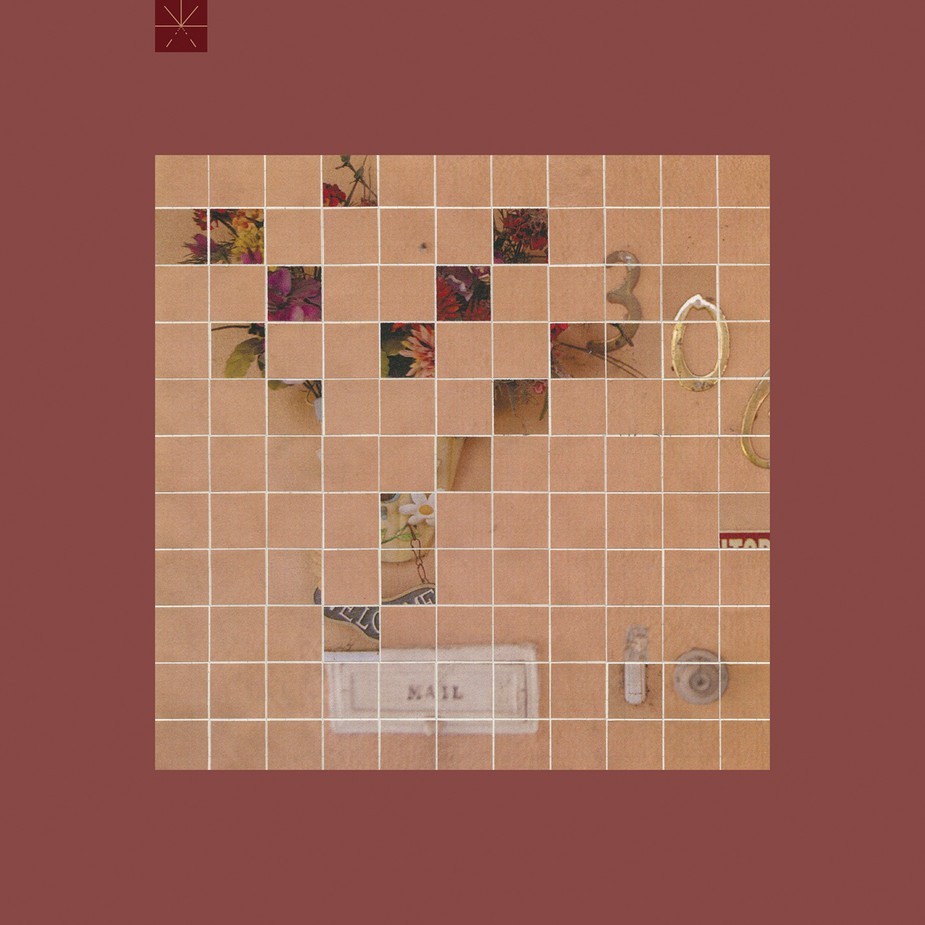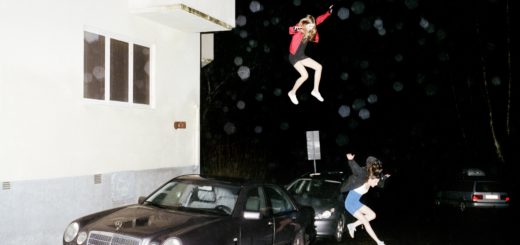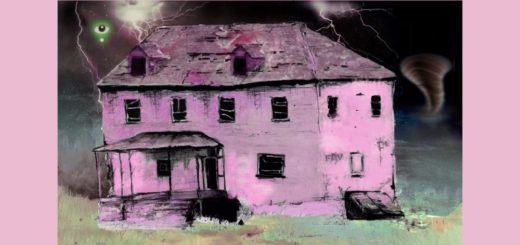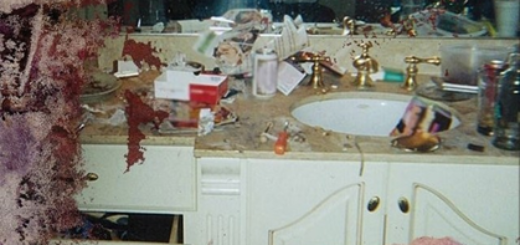STAGE FOUR by Touché Amoré

Genre: Post-Hardcore
Favorites: “Flowers and You”, “Displacement”, “Eight Seconds”, “Water Damage”, “Skyscraper”
Punk rock has always had an Achilles heel. Most bands, no matter how many flags they burn or walls they vandalize with spraycans, can’t sustain convincing and righteous anger for extended periods before their middle fingers get cramped and exhaustion sets in for the band and their listeners. Many bands can only remain “punk” for so long before they fold or start incorporating other styles into their music. Some go from angry rioters to peaceful hippies playing folk music, while others go for a poppier, more polished sound a la Green Day. The most ambitious bands eventually try their hand at post-hardcore, taking the basic unrelenting nature of punk rock but adding more experimental production, atmospheric electronica, or lyrics and messages that go beyond yelling at the government for their latest screw-up.
Touché Amoré decide to go with the third option, foregoing political leanings and delivering screamo- and punk-influenced music where the only thing they seem to be rebelling against are song conventions such as melody, verses, choruses, and bridges. Many of their songs are very short and have a very stream of conscience, free-form flow to them, forcing them to ride on the strengths of the individual lyrics rather than defined choruses or catchy chants. The band mixes the vocals to overtake the music and cuts down the song lengths to their bare minimum, placing more emphasis on the anguished lyrics and story being told, not on flashy solos or breakdowns.
Speaking of story, the band basically gives the story away at the outset with the title STAGE FOUR, a reference both to the album being their fourth and to the cancer that took away lead singer Jeremy Bolm’s mother. The band lays all their cards on the table in the first song “Flowers and You”: raw, pounding instrumentation that immediately grips the listener, forcing them to perk up their ears and listen to lyrics about Bolm having to hide how distraught he is about his mother’s death (“I’m heartsick and well rehearsed / Highly decorated with a badge that reads ‘It could be worse’ “), his disillusionment with faith, and bewilderment that his mother can still have such intense belief despite her God cursing her to such a horrible death (“I apologize for my grief / When you’d talk about belief”). Essentially, this album is if you made a punk-rock mashup of Tool’s “Wings for Marie / 10,000 days” and A Perfect Circle’s “Judith.”
With the notable exception of the final track, much of STAGE FOUR’s instrumentation isn’t given much time to build up or truly flex its muscles, but manages to switch from angrier punk sections to sorrowful, blues-esque passages in an incredibly fluid way. Post-hardcore, and rock in general, is no stranger to mixing anger with vulnerability, but the way that say, Dance Gavin Dance does it is far more showy, with smooth, placid rivers followed by crashing, abrupt waterfalls that are obviously attempting to create contrast, like an action scene set to opera. Touché Amoré, however, is more like a white water rafting ride, exhilarating the entire way through, but with rocks breaking up the homogeny and adding additional bite to the ride. The guitar, bass, and especially the drums do a great job of keeping up the melody despite stylistic and tonal switches, never feeling clunky or jarring whenever such rocks come along.
Unlike some acts that choose to wallow in their angst and misery, shutting off listeners from being invested or empathetic because they construct characters whose only trait seems to be being sad, Bolm peppers the songs of STAGE FOUR with intriguing personal details that paint a far more complicated and nuanced character than simply being morose. He can’t listen to certain songs because they remind him too much of his mother on “New Halloween” (I skip over songs because they’re too hard to hear / Like track 2 on “Benji” or “What Sarah Said”/ They just hit too close when I’m already in my head), digs through his mother’s items and realizes how little he knew about her and her decision to move to California on “Palm Dreams” (What was it that brought you west? / I assume but can only guess / It’s the questions that went unasked / That appear when time has passed), and recounts haunting details on album highlight “Water Damage” of dealing with her unstable and erratic behavior, while also learning to accept those memories as part of his relationship and time with her (That night when you took the wrong dose / And weren’t making any sense / Is a night that I often remember / And one I wish I could forget / But it’s there to stay“). All these details paint a picture of a devastated man who initially refuses to simply accept his mother’s death, but eventually decides to learn and grow from it.
Bolm’s vocals aren’t for everyone. His yelpy, strained screaming effectively conveys intense grief, but sometimes lack range that would enhance the experience. The clean vocals are very nasally but are fortunately sparse enough to be tolerable. Some of the backing vocals the band adds, like the choir-like, quiet refrain of “On my own” on “Palm Seconds,” and the ending chants on “Flowers and You,” take away from the intensely personal feel. The lyrics are what really carry STAGE FOUR, with clear, concise narratives that have a strong sense of progression, growth, and revelation. It feels like each song ends with Bolm in a different place than when the song started, having really learned something from his mother’s passing, whether that be in terms of faith or his relationship with her or himself.
Speaking of endings, the final track of STAGE FOUR, “Skyscraper,” is a great endpoint, with beautiful female vocal harmonies and a transcendent atmosphere that explodes into Bolm screaming out to his mother that he has finally let her go and accepted her place in heaven after revisiting New York, one of his last memories with his mother before her death. It ends with a phone message his mother left him before her death that he had previously alluded to not listening to before. It’s a heartbreaking song that pulls the heartstrings with intelligence and talent rather than with cheapness.
Post-hardcore and punk music isn’t really thought of as being sad, but Touché Amoré have always worn their hearts on their sleeves, and that has never been more true than on this album. While the singing can be frustrating due to its limited range and STAGE FOUR may seem too short, what little is here is fluid and cohesive, both in terms of the musicianship and in terms of the emotions and story. Every song has a distinct take on the passing of Bolm’s mother and displays a level of emotional maturity and introspection that, along with the economical song lengths and lack of filler, keeps the album from being exhausting or overbearing. STAGE FOUR is an album that truly benefits from the idea that less is more, or should I say, less is Amoré.
Verdict: Recommend



